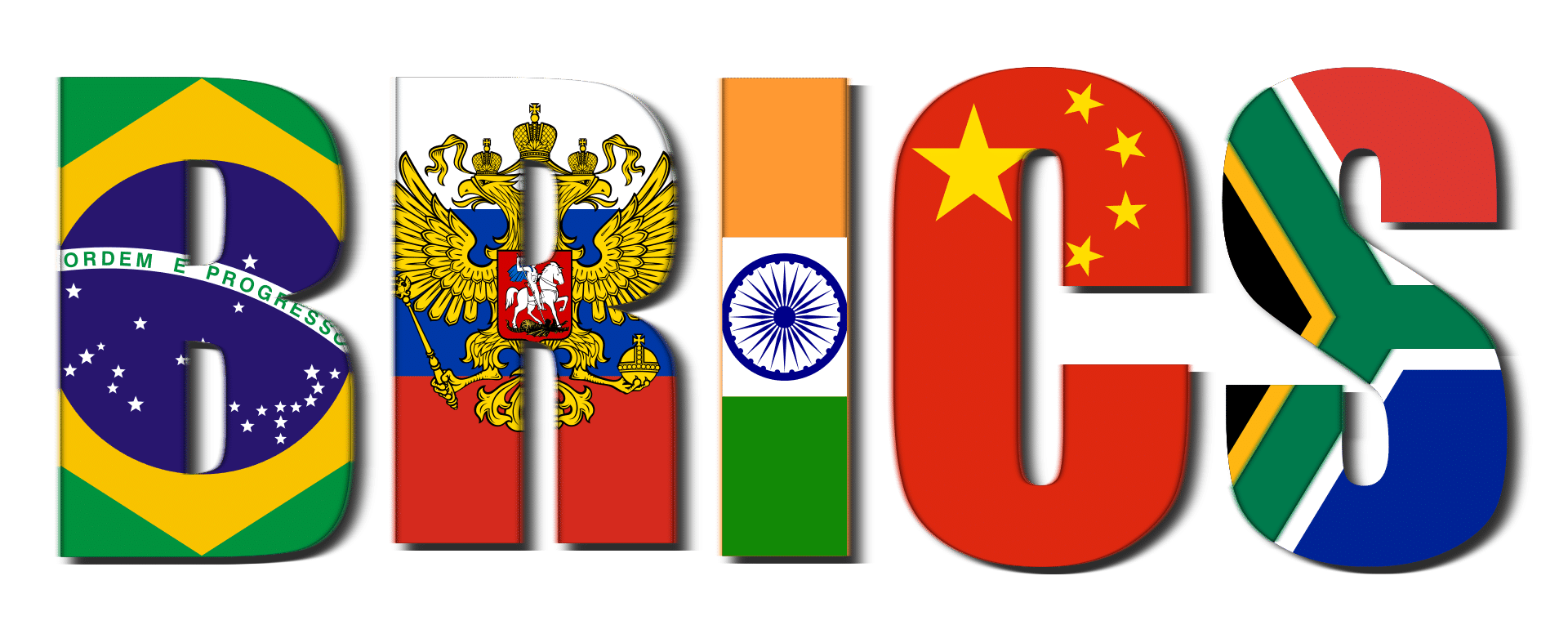BRICS nations announced their intentions to expand their Group during a summit in South Africa. China seeks to grow BRICS to be a peer with the Group of 7 (G7).
Speaking at the summit in Johannesburg on Wednesday, Indian Prime Minister Narendra Modi signaled BRICS was prepared to add new members. “We welcome moving forward with consensus on [expansion],” he said.
President Luiz Inacio Lula da Silva also voiced his support for expansion, including Argentina. “We want BRICS to be a multilateral institution, not an exclusive club,” the Brazilian leader said. Adding,” It is very important for Argentina to be in BRICS.”
South African Foreign Minister Naledi Pandor confirmed the five nations have signed off on a statement that set conditions for new countries joining the bloc. “We have agreed on the matter of expansion.” She continued, “We have a document that we’ve adopted which sets out guidelines and principles, processes for considering countries that wish to become members of BRICS… That’s very positive.”
The agreement to expand BRICS is an accomplishment for the bloc, as Western media report that India and Brazil were hesitant to agree to open the group’s doors to new members before the South African summit.
BRICS – named for its five members: Brazil, Russia, India, China and South Africa – is an economic forum, not a military alliance. Members New Delhi and Beijing share a disputed border and have fought violent battles along the Line of Control in recent years.
As Washington has increasingly used its influence over the world economy to exclude countries that disobey the White House’s demands, BRICS has emerged as a potential alternative to a global economic system based on the dollar. “If we expand BRICS to account for a similar portion of world GDP as the G7, then our collective voice in the world will grow stronger,” a Chinese official told the Financial Times in the runup to the summit.
One method of moving away from the Washington-led world economy is using an alternative currency to the dollar. “The creation of a currency for transactions between the BRICS countries reduces our vulnerabilities,” Lula said. However, the bloc did not have plans to take that step during this week’s gathering.
South Africa’s President Cyril Ramaphosa remarked that an alternative economic system will provide stability. “We are concerned that global financial and payment systems are increasingly being used as instruments of geopolitical contestation.” He added, “Global economic recovery relies on predictable global payment systems and the smooth operating of banking, supply chains, trade, tourism, as well as financial flows.”
Without naming Washington, Chinese President Xi Jinping took aim at the White House for attempting to use the dollar-based system to crush developing nations. “Some country, obsessed with maintaining its hegemony, has gone out of its way to cripple the emerging markets and developing countries,” the Chinese leader said. “Whoever is developing fast becomes its target of containment. Whoever is catching up, becomes its target of obstructions.”
Over 20 nations are expected to make a formal request to join BRICS, but the number could be as high as 40. Potential new members include Saudi Arabia, Indonesia and Argentina.
While the growing interest in BRICS is a sign of Washington’s waning influence, it is notable that Russian President Vladimir Putin did not join his fellow heads of state in South Africa due to the Washington-backed effort to have him arrested as a war criminal. Putin delivered a virtual address.
































